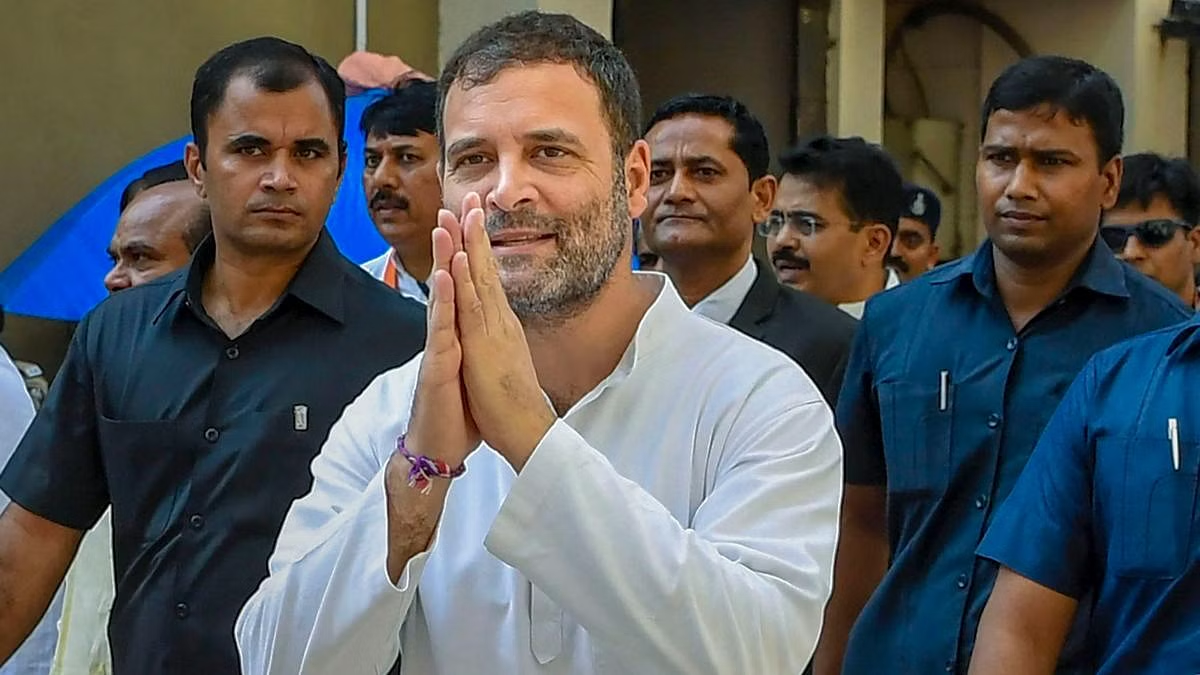Rahul Gandhi: A Dynamic Figure in Indian Politics
Rahul Gandhi, a prominent leader from the Indian National Congress (INC) party, has always been a central figure in the country's political landscape. As a scion of the Nehru-Gandhi family, which has played a pivotal role in shaping India's destiny, Rahul Gandhi's journey has been closely watched by the public and the media. Lately, he has been making headlines once again, with the hashtag #Rahul_Is_Back trending on Twitter. This resurgence of attention reflects both his return to the political forefront and the evolving dynamics between the Congress party and its rival, the Bharatiya Janata Party (BJP).
Rahul Gandhi's political journey has seen both highs and challenges. He has been a vocal advocate for social justice, economic equality, and the welfare of marginalized communities. His charisma and dedication to public service have garnered him a considerable following. However, his political career has also been marked by moments of criticism and debate, which is characteristic of any prominent leader in a diverse and vibrant democracy like India.
The recent trending hashtag, #Rahul_Is_Back, signifies Rahul Gandhi's renewed involvement in shaping the political discourse of the nation. His return to the political arena has sparked discussions not only about the future course of the Congress party but also about the broader political landscape of India. As the leader of the opposition, Rahul Gandhi's opinions and actions hold significant weight in matters of national importance.
The social media trend has also brought to the forefront the ongoing exchange between the Congress party and the BJP. Indian politics is often characterized by intense debates and differing viewpoints, and the interactions between these two major political entities play a pivotal role in shaping policy decisions and public opinion. The hashtag reflects the anticipation and curiosity surrounding Rahul Gandhi's actions and strategies as he engages with the ruling party on various issues.
In the coming days, it will be interesting to observe how Rahul Gandhi's re-emergence impacts the political narrative and the public's perception. As a dynamic figure in Indian politics, his actions and statements are likely to influence the direction of national conversations on matters ranging from governance and policy to social justice and economic reforms. The hashtag #Rahul_Is_Back is a testament to his enduring significance and the role he continues to play in the country's political discourse.

